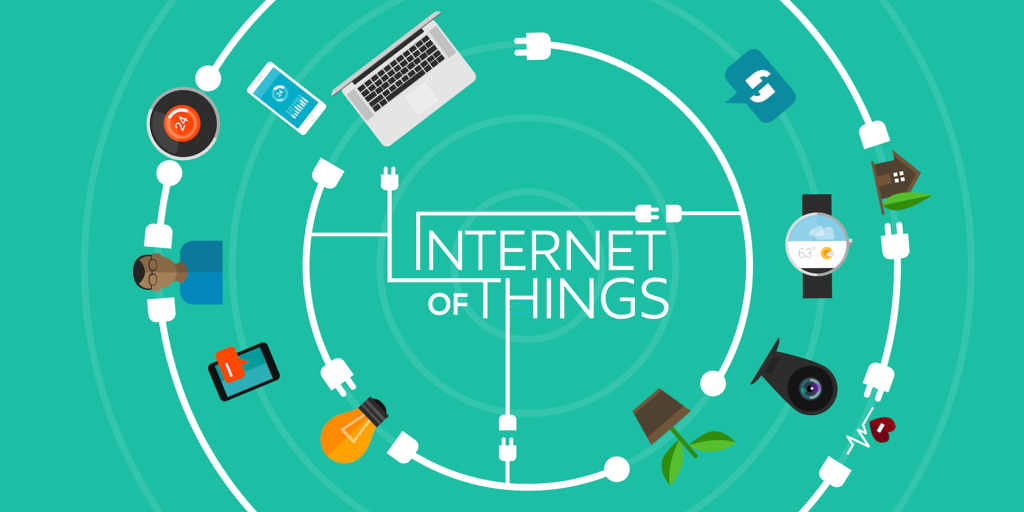
By Samreen Shaik
The Internet of Things (IoT) is the ever-growing network of devices spanning from smartphones to sensor-equipped manufacturing robots that are interconnected via the internet. Ultimately, we are all emerging into an IoT world that, for the most part, benefits everyone – aiding our day-to-day lives and keeping us connected to the things and people that are important to us. The use of such technology in the business world is no different. IoT devices record and transfer data to monitor important processes, give us new insights, boost efficiency, and allow companies to make more informed decisions. The IoT market – which includes hardware, software, systems integration, and data and telecom services – is expected to grow to $520 billion by 2021. So, why and in what ways should businesses look to integrate the IoT in the year and decade to come?
1 | You can bring your team closer together than ever before by using IoT connectivity tools and make sure all your employees are working on the same page.
2 | In offices, the IoT has the potential to streamline and simplify work to an incredible degree. Not only does this make what your staff are doing more efficient, but it also improves their ability and familiarity with harder tasks making their completion faster in the future.
3 | Many elements of the office or warehouse, from lighting to temperature, can be sensed and controlled through smart IoT technology. Without the right working conditions, we are less efficient, and solving that goes beyond having a nice desk.
4| Immediate needs of the customer are responded to faster than ever before and the buying process has been simplified to voice control. This technology can improve efficiency by allowing businesses to predict customer habits or even help control them.
These are just a few of the benefits to be gained from implementing IoT technology as part of a broader strategy for digital transformation. When combined with other emerging technologies, such as AI, VR, AR, robotics, and blockchain (in terms of smart contracts and supply chains), companies can unlock previously untapped revenue, gain new competitive advantages, create new training methods, and produce products and services of greater quality.